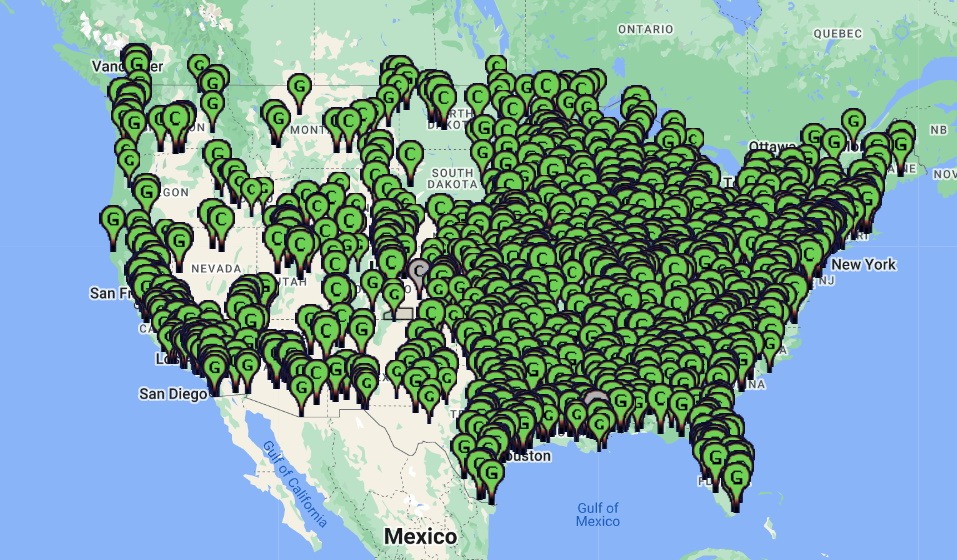Biofuels Project Pushing Thousands of People into Hunger in Africa
– September 4, 2013. Source: ActionAid
A biofuels project praised by the European Commission as environmentally and socially responsible is pushing thousands of people into poverty in one of the poorest countries in the world, a new ActionAid report said today.
The report comes as MEPs prepare to take a critical vote on EU biofuel policies next week.
When Addax Bioenergy shortly begins exporting ethanol from a sugar cane plantation in Sierra Leone to the EU to be used in petrol, it will be the first biofuels to be exported from Africa to Europe in commercial quantities.
The EU claims that it does not import biofuels crops from Africa’s poorest countries because of the potential impact that its biofuel policies have on decreasing the amount of land that can be used to grow food and therefore increasing hunger.
ActionAid has found evidence from visits to the Addax project in the Bombali district of Sierra Leone and from carrying out 100 interviews with local people that the project is having negative effects on many of the 13,000 people in 60 villages.
Tim Rice, ActionAid’s biofuels policy advisor and author of the report, Broken Promises, said: “In the area where the company has started its biofuels plantation, communities are saying that food production has dropped and hunger is widespread. People have lost their land but are getting very little in way of compensation from Addax. The fact that this is done in the name of EU ‘green’ policies is shocking.”
ActionAid’s survey of local people reveals that 90 per cent said that hunger was due to the loss of land to Addax, while 78 per cent said that they have never seen a land lease agreement from the company.
The Addax project, funded by the African Development Bank and five European bilateral institutions, recently received a sustainable certificate from the Roundtable for Sustainable Biomaterial (RSB), despite ActionAid finding many flaws in the project’s sustainability.
Speaking in Brussels, Abass Karmara, Programmes Coordinator of the Sierra Leone Network on the Right to Food said: “Addax has been cited by the European Commission as a case of best practice in land investments. In reality, it is only the best of a bad bunch. What we are seeing is a litany of broken promises.”
The EU’s Renewable Energy Directive, which requires 10 per cent of all energy used in EU transport to come from renewable sources by 2020, promotes biofuels as a greener alternative to fossil fuels. But research has shown that rather than cutting greenhouse gas emissions, many biofuels increase them.
Meanwhile, in sub-Saharan African six million hectares of land – 38 times the size of London – are now under the control of European companies seeking to profit from Europe’s biofuel policies.
On 11 September MEPs will vote on EU biofuels policy. They have the opportunity to change the damaging EU policies that drive the rush for land grabs from companies such as Addax.
ActionAid is urging MEPs to vote to minimise the use of land-based biofuels that can count towards targets in EU biofuel legislation, with a view to phase out the use of such biofuels entirely by 2020.

